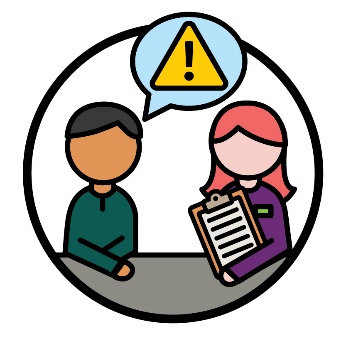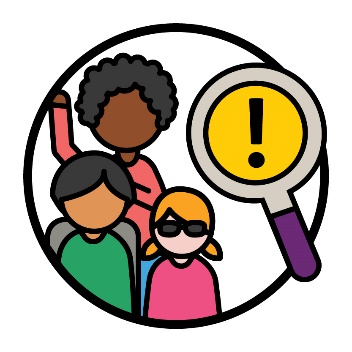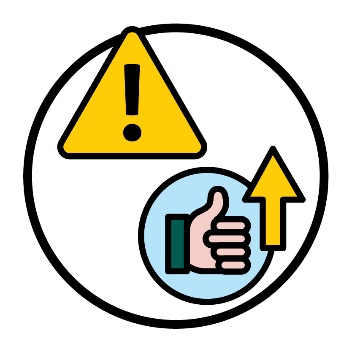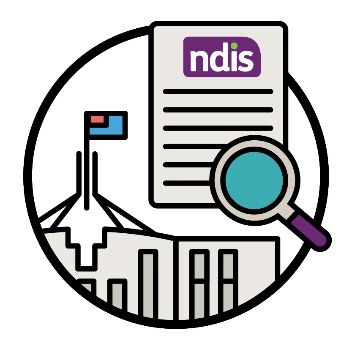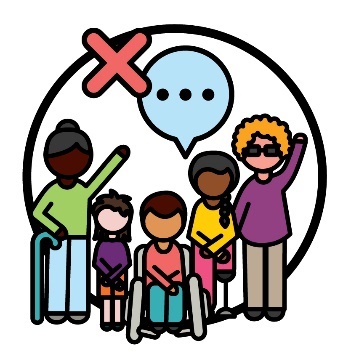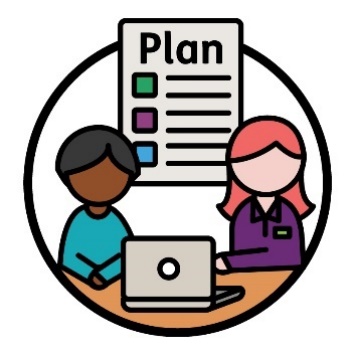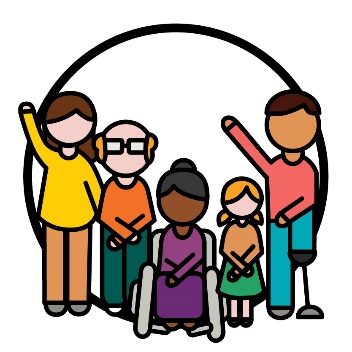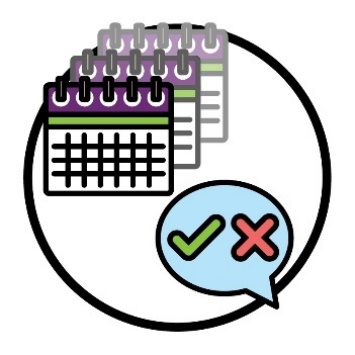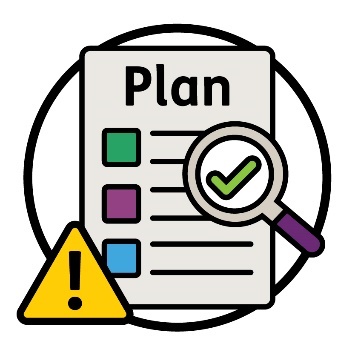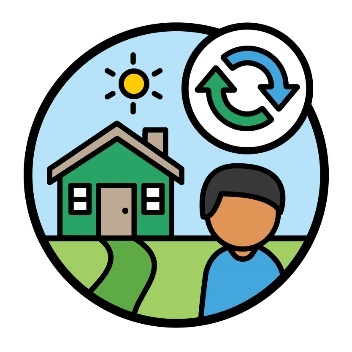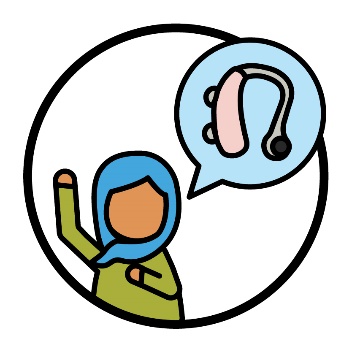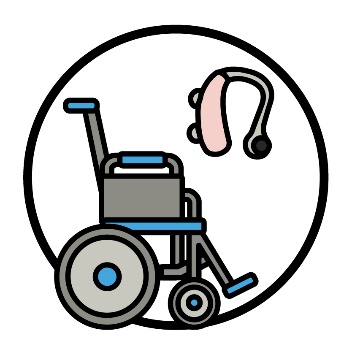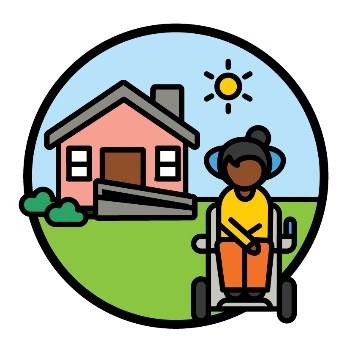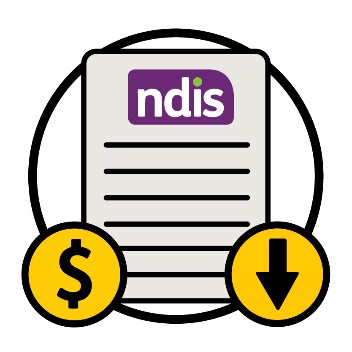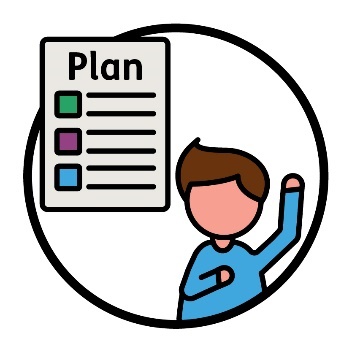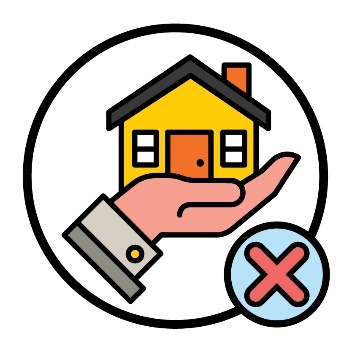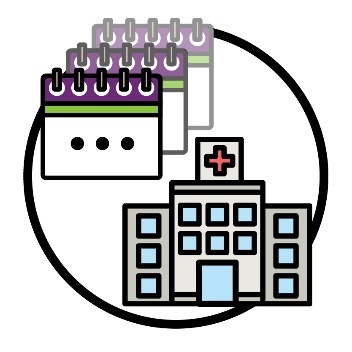Our reports
|
|
The Reference Group connected with the community to find out about issues that affect them. |
|
|
The Reference Group members shared these issues with the NDIA. |
What did the reports talk about?
|
|
The Disability Royal Commission (DRC) looked into problems people with disability have experienced. |
|
|
|
It helped the Australian Government find out:
|
|
|
|
Reference Group members talked about how the community feels about the Australian Government’s response to the DRC. |
|
|
|
Members shared that the community worries about what the Australian Government will say following the NDIS Review. |
|
|
|
The Australian Government checked the NDIS to find out what:
They call it the NDIS Review. |
|
|
|
Some people in the community worry that what the Australian Government has to say will have a bad effect on their supports. |
|
|
|
Members also worry that the voices of people with disability are still not being heard. |
|
|
|
Members shared that they worry about the experiences of participants when making NDIS plans. |
|
|
|
Participants are people with disability who take part in the NDIS. |
|
|
|
For example, they worry that some participants wait a long time for decisions about their plan. |
|
|
|
Members said that they’re glad the NDIA shares what work they will do to fix this. |
|
|
|
Members also shared issues with how the NDIA check that the supports in a participant’s plan still work well for them. |
|
Some participants also face issues: |
||
|
|
|
|
|
|
|
|
|
|
Assistive technology is equipment that you can use to do more things for yourself. For example, a wheelchair or hearing aid. |
|
|
|
Members explained it’s important that the NDIA keep working to improve home and living supports. |
This includes making sure participants have choice and control to live somewhere that: |
|
|
|
|
|
|
|
|
|
Members shared that some participants have less funding in their plans. Funding is the money from a participant’s plan that pays for the supports they need. |
|
|
This often happens to participants who manage their plan on their own. |
This means some participants might: |
|
|
|
|
|
|
|

